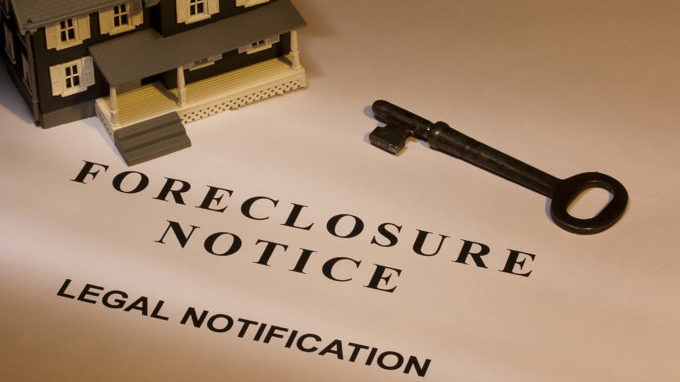I Am Facing an Ejectment Action From My Foreclosed Home. What Are My Rights?
After the foreclosure process, when your home has been sold to a new owner at a sheriff sale, it is only a matter of time before you have to move. However, you still have rights that must be observed by the new owner, and there are specific procedures the new owner must follow before they can take possession of the home. If they fail to follow these procedures, it is a violation of the law.
For further information, see the following articles:
After the Sheriff Sale, the deed cannot be released for 10 days. This is called the Period of Redemption. 10 days after the sale, the new owner can receive the deed to your property. No one can ask you to leave until they have the deed. If the property was sold to an investor, this means the investor has to pay the balance of the purchase price before they can get the deed. Once the new owner has the deed, they can take the appropriate action to remove you from the home:
- The new owner can apply for a Writ of Possession, also called an Order of Removal, which gives the County Sheriff the authority to evict any occupants of the premises. Once obtained, the Sheriff will provide notice of the date the property must be vacated.
- If you are a tenant with a valid lease, you have protection from removal by the new owner under the New Jersey Anti-Eviction Act.
- If you and the new owner never had a landlord-tenant relationship, they may file an Action for Ejectment. This is a method of legally removing an occupant other than a tenant in New Jersey. If the new owner moves for an ejectment, you will be forced to leave faster than through a Writ of Possession.
The New Owner of the House Claims I Owe Money That I Never Agreed To. Do I Have to Pay?
If the new owner of the house fails to follow the proper legal procedures for removal or is taking any action that seems suspicious to you, it is important to seek legal counsel. This can include:
- If the new owner of the house claims you owe them money or a payment that is higher than the rental payment in your lease.
- If the new owner is claiming damages to the property.
- If the new owner is refusing to honor the terms of your original lease.
If the new owner of your home is asking you to pay more than your normal rental payments, contact the law office of Ira J. Metrick. We can discuss your case and determine if the new owner has committed any violations. We can also discuss your options for postponing the eviction.




